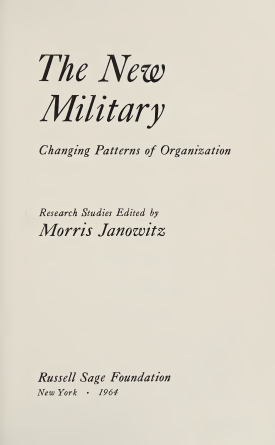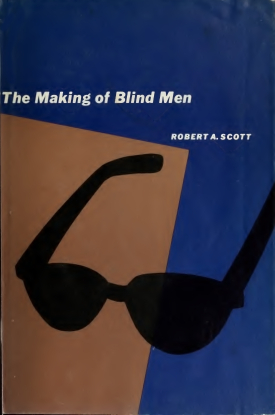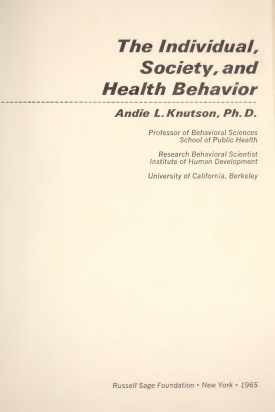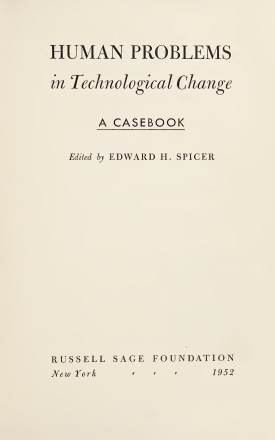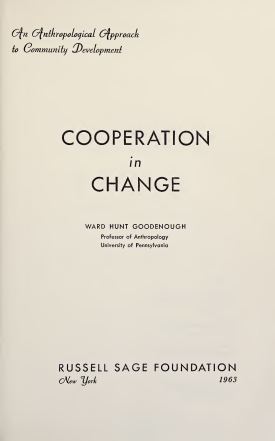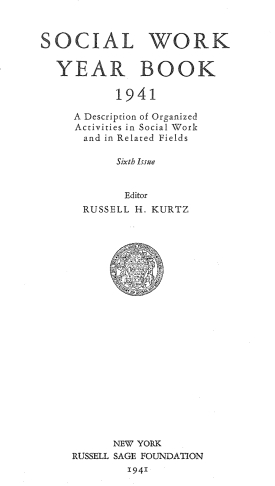About This Book
Most of the papers presented in this 1964 volume are an outgrowth of the Inter-University Seminar on Armed Forces and Society sponsored by the Russell Sage Foundation. The purpose of the seminar was to supply a focal point for discussion and research on the changing nature of military organization in the United States. The papers seek to probe the extent to which the military establishment and the military profession were adapting to the new requirements of international relations. Contributors: Albert D. Biderman, Maury D. Feld, Oscar Grusky, Kurt Lang, Moshe Lissak, Roger W. Little, John P. Lovell, Richard W. Seaton, William Simon, and Mayer N. Zald.

